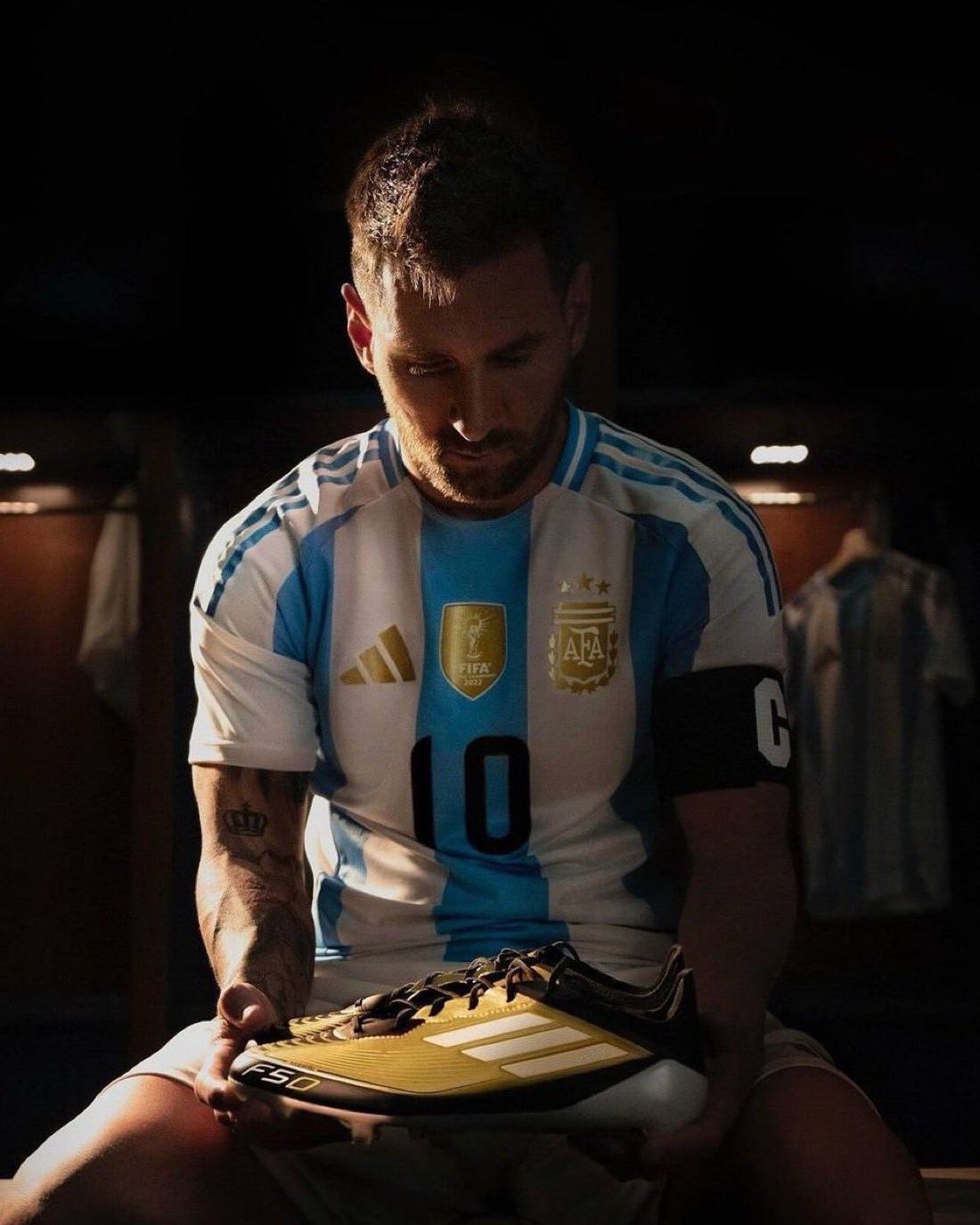“I was just a climber,” UK competitive athlete Anoushé Husain says regarding the first time she tried climbing.
Born missing one of her lower arms below the elbow, on the climbing wall Anoushé forgot her illness, her chronic pain.
In 2022, on that wall that made her feel “just a person”, that is mentor and challenger, she has broken a Guinness World Records title.
Anoushé achieved the title for greatest vertical distance climbed on a climbing wall with one hand in one hour (female) after climbing 374.85 m (1,229 ft 9 in) at The Castle Climbing Centre, London, UK, on 5 April 2022.
To beat this record, the biggest challenge was to climb only using her weaker side.
“My little arm is actually my dominant arm on the wall,” she explains.
“So, I had to learn how to climb left-handed only, how to readjust my balance, how to generate power and how to work with what is essentially my weaker side.”

Paraclimbing has taken off in recent years and, according to Anoushé, it’s a versatile, accessible sport.
However, there is a major difference between her usual paraclimbing competitions and this attempt:
“In competitive climbing, you compete against each other. Here, I’m competing against myself.” – Anoushé Husain
“I’ve had a low point in health last year, so achieving a Guinness World Records title or even attempting one would be a real milestone for me.”
Anoushé set the world record to challenge herself following her health issues.
“It means I’m back. The impossible is still possible for me.”

Anoushé lives in London but grew up in Luxembourg.
A policy advisor in her everyday life, athlete, advocate and “champion for all those experiencing barriers and self-limiting beliefs,” Anoushé never let society (or her own body) dictate what she could or could not do.
The athlete recalls that despite being born with her affectionately named “little arm”, she never saw herself as disabled, just as doing things slightly differently than most.
“My parents wanted me to be as independent as possible,” she explains. “They knew that, even if I didn’t see myself as disabled, people might judge me from it.”
She likes being active and from swimming to climbing and martial arts, sports have always been a big part of her life.

She excelled in martial arts as a teenager and was selected for the Luxembourg national team.
However, shortly after she was diagnosed with Ehlers-Danlos syndrome, which is a group of rare inherited conditions that affect connective tissues. The lack of support to joints, connective tissues and blood vessel walls causes chronic pain, fatigue, stretchy or damaged skin and joints that dislocate spontaneously.
That means that even a few steps can result in a sprained ankle.
In addition to this, at age 23 and during multiple operations to treat her condition, Anoushé battled cancer.
“I’m about to reach ten years since I finished treatment,” she explains.
“It’s a lot of coordination and lot of managing myself, lots of juggling my medications and my food intake,” she says.
“It’s a lot.”

And in this day-to-day made of highs and lows, she discovered climbing almost accidentally.
She was on a school trip when she was 8 years old, but she couldn’t get to the top of the wall. She returned the following year, and says that when she got to the top, “it felt amazing.”
However, her parents were reluctant to let her pursue the sport due to safety fears.
It was one of her best friends who, after she finished her cancer treatment, suggested that Anoushé should give climbing another try.
“I tried to back out of it. I was struggling to walk, I was struggling to move my arm up, I couldn’t do my harness and didn’t know how to do my knots. But my friends said, ‘you are scared.’”

“I hated it,” Anoushé recalls, “I was exhausted.”
Many know the frustration of not reaching the top, the endless trial-and-error process of finding the right step. Climbing takes focus and it is a mental struggle as well as a physical one. But.
“It was awful… but it changed my life.”
“I was a normal person on the wall, I was just a climber. And for the first time in a long time, I felt like a person rather than as a chronically disabled person who is struggling with her own identity.”
— Macmillan Cancer Support (@macmillancancer) March 8, 2022
It was the beginning of an exciting journey that taught her, “you win some and lose some, but you always learn”.
Later, she discovered paraclimbing when she moved to London.
In the British capital, she found a category where she could fully identify herself and created Paraclimbing London with her friend Anna Knight in 2018.
“I did it to help other paraclimbers and now we have a huge community.”
In 2017, she indoor-climbed the total height of Everest through over 1,000 climbs at various climbing walls across the UK, to raise money in aid of the young-adult charity Shine Cancer Support.

At Paraclimbing London Anoushé also met her now-husband Kenneth, a fellow paraclimber who is incredibly supportive of her and her goals.
The two met in 2017 through their mutual passion for climbing, and Ken later proposed during a paraclimbing competition.
“Our relationship is very interesting,” she says, “we are always egging each other on to try and finish our projects, or to train. We do push each other quite hard.”
Although she knows to listen to her body and needs, never pushing too far or risking damaging her health, climbing brings Anoushé a series of physical benefits that relieve her condition.
Sport relaxes her, and she’s so focused on the sensory experience and getting to the top that she forgets the stressful day she’s had.
“If I’m lucky, I will get to the point where I don’t hear anything. The world goes quiet, and I can just hear my breathing.”
It also helps her reduce her chronic pain and helps her to sleep.

Through her work with paraclimbing, Anoushé also aims to give back to the community: inspire, encourage and be a champion for those who struggle with their conditions and limits.
She’s an ambassador for leading charities that help amputees and people with limb differences or with her same condition, such as Ehlers-Danlos Support UK and Limbpower.
She also conquered the 2021 Muslim Women Awards as one of the three finalists in the Sports Category and won the Baton Award in the Sportswomen of the Year category 2021.
And, to those who want to undertake a daunting challenge, she says:
“Take small steps and try. You don’t have to do it that day: check the venue, ask questions, maybe get to know somebody there. Familiarise yourself, and then make it less scary.”
Breaking plans down, setting a goal and taking small but steady steps is important.

However, Anoushé also reminds her fellow athletes to be kind to themselves and to accept that there will be days where they will just need self-care and rest.
“Be gentle with yourself on the days it won’t work. If you have health issues, not every day is going to be linear. But frankly, for any athlete, no progress is ever linear.”





